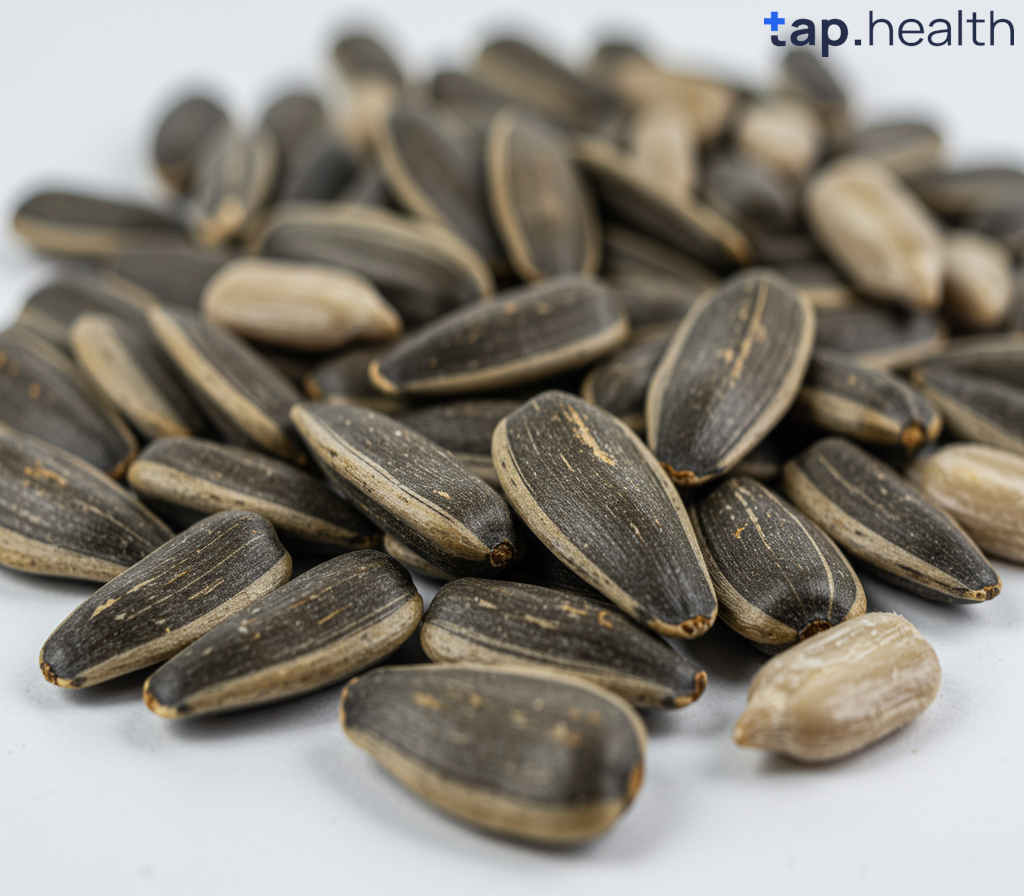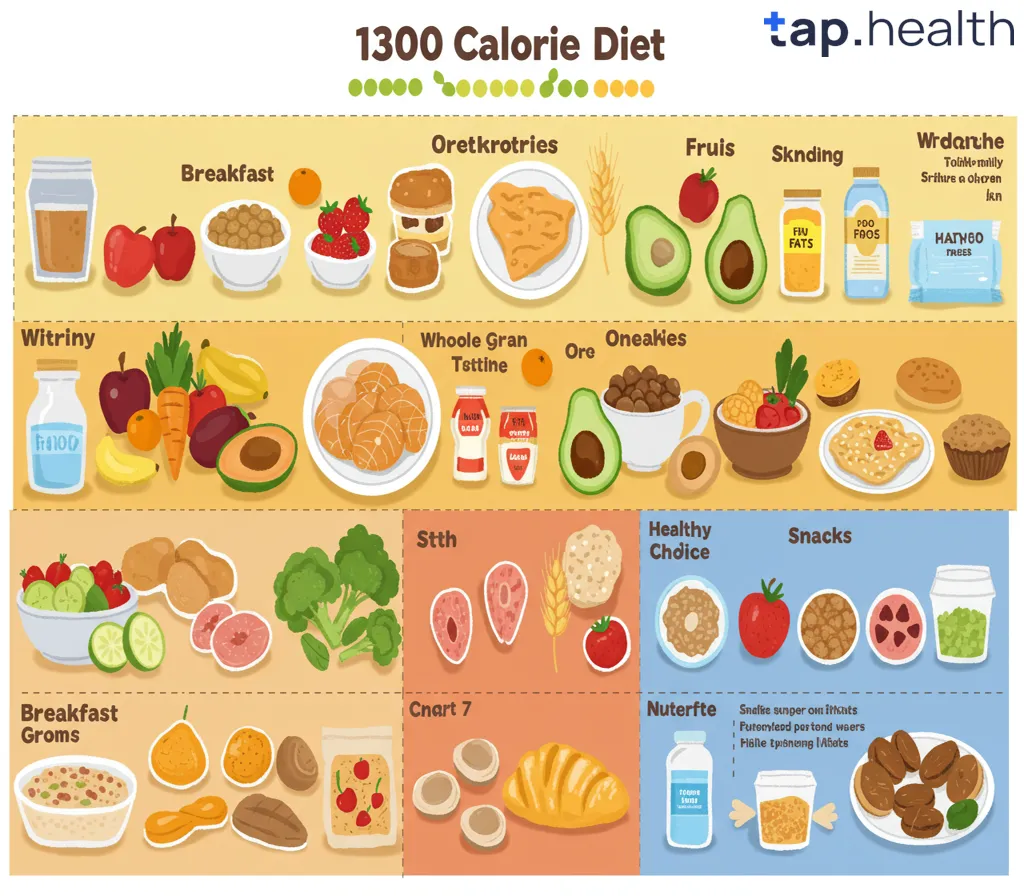Sunflower seeds are a popular snack and versatile addition to many meals, known for their rich flavor and nutritional benefits. They are packed with healthy fats, protein, and essential vitamins and minerals. For diabetic patients, managing blood sugar levels is crucial, and choosing the right foods is essential. So, are sunflower seeds a good option for diabetics? In this article, we’ll explore the nutritional benefits of sunflower seeds, how they affect blood sugar levels, and how they can be incorporated into a diabetes-friendly diet.
Nutritional Benefits of Sunflower Seeds
Sunflower seeds are nutrient-dense and offer a variety of health benefits. A 28-gram (1-ounce) serving of sunflower seeds contains:
- Calories: 160
- Carbohydrates: 6 grams
- Fiber: 2.4 grams
- Protein: 5.5 grams
- Vitamin E: 7.4 mg (about 37% of the daily recommended intake)
- Magnesium: 91 mg (about 23% of the daily recommended intake)
- Phosphorus: 160 mg (about 23% of the daily recommended intake)
- Potassium: 204 mg (about 6% of the daily recommended intake)
Sunflower seeds are an excellent source of healthy fats (monounsaturated and polyunsaturated fats), fiber, protein, and vitamin E. They also provide important minerals like magnesium, which is essential for metabolic health and blood sugar regulation.
How Sunflower Seeds Affect Blood Sugar Levels
For diabetics, managing blood sugar levels is crucial. The glycemic index (GI) and glycemic load (GL) of foods play an important role in determining their impact on blood sugar levels.
Glycemic Index and Glycemic Load of Sunflower Seeds
Sunflower seeds have a low glycemic index (GI) of around 35, meaning they have a minimal impact on blood sugar levels. Foods with a low GI are digested and absorbed slowly, leading to gradual increases in blood sugar rather than sharp spikes. The glycemic load (GL) of sunflower seeds is also low, meaning they have minimal impact on blood glucose levels even when consumed in larger portions.
The fiber content in sunflower seeds also helps slow the absorption of glucose, providing steady blood sugar levels throughout the day, which is beneficial for diabetics.
Sunflower Seeds and Insulin Sensitivity
Insulin sensitivity is how effectively the body uses insulin to regulate blood sugar levels. People with Type 2 diabetes often experience insulin resistance, where the body’s cells do not respond properly to insulin, leading to high blood sugar levels.
How Sunflower Seeds Help with Insulin Sensitivity
Sunflower seeds are rich in healthy fats, fiber, and magnesium, all of which have been shown to improve insulin sensitivity. The healthy fats in sunflower seeds help reduce inflammation, which is linked to insulin resistance. The magnesium in sunflower seeds also plays a crucial role in glucose metabolism, further supporting better insulin sensitivity and blood sugar control for diabetics.
Sunflower Seeds and Heart Health
Diabetes increases the risk of cardiovascular diseases, so maintaining heart health is important. Sunflower seeds provide several nutrients that promote cardiovascular health.
Healthy Fats for Heart Health
Sunflower seeds are a good source of monounsaturated and polyunsaturated fats, which are heart-healthy fats. These fats help lower bad cholesterol (LDL) levels and increase good cholesterol (HDL) levels. By improving cholesterol levels, sunflower seeds help reduce the risk of heart disease, a common complication for diabetics.
Magnesium for Blood Pressure Regulation
Sunflower seeds are also rich in magnesium, which helps regulate blood pressure. High blood pressure is common in people with diabetes, and magnesium can help maintain healthy blood pressure levels, further supporting heart health.
Sunflower Seeds and Weight Management
Maintaining a healthy weight is essential for managing diabetes, as excess weight contributes to insulin resistance and poor blood sugar control.
Sunflower Seeds for Satiety and Portion Control
Sunflower seeds are high in healthy fats and protein, both of which promote satiety and prevent overeating. The fiber in sunflower seeds helps keep you full for longer, which can reduce the likelihood of snacking on unhealthy, high-sugar foods. By including sunflower seeds in meals, diabetics can better manage portion sizes, reduce overall calorie intake, and support healthy weight management, which is key to controlling blood sugar levels.
How to Include Sunflower Seeds in a Diabetic Diet
Sunflower seeds are versatile and can be easily incorporated into a variety of meals. Here are some ideas for adding sunflower seeds to your diabetes-friendly diet:
As a Snack
Sunflower seeds can be eaten on their own as a healthy snack. A small handful (about 1 ounce) provides a satisfying and nutritious option. For added variety, mix sunflower seeds with other nuts and seeds to create a nutrient-packed trail mix.
In Salads
Add sunflower seeds to salads for extra crunch and nutrition. Combine with leafy greens, tomatoes, cucumbers, and a light vinaigrette dressing for a refreshing, heart-healthy meal.
In Smoothies
Sunflower seeds can be blended into smoothies for an extra boost of healthy fats, protein, and fiber. Combine with fruits, leafy greens, and unsweetened almond milk for a delicious and nutritious drink.
In Baking
Sunflower seeds can be used in baking to make healthier versions of bread, muffins, or cookies. Adding sunflower seeds to baked goods increases their fiber and healthy fat content, making them a better choice for diabetics.
FAQ on Sunflower Seeds and Diabetes
Q1: Are sunflower seeds safe for diabetics to eat?
Yes, sunflower seeds are safe for diabetics. They have a low glycemic index, are rich in fiber, healthy fats, and protein, and provide essential nutrients that help regulate blood sugar levels.
Q2: How many sunflower seeds can diabetics eat?
A standard serving of sunflower seeds is about 1 ounce (28 grams). Since sunflower seeds are calorie-dense, it’s important to consume them in moderation to avoid excessive calorie intake.
Q3: Do sunflower seeds raise blood sugar levels?
No, sunflower seeds have a low glycemic index and will not cause significant increases in blood sugar levels. The healthy fats, fiber, and protein in sunflower seeds help stabilize blood sugar levels.
Q4: Can sunflower seeds help lower blood sugar levels?
While sunflower seeds do not directly lower blood sugar levels, their high fiber content, healthy fats, and ability to improve insulin sensitivity can help regulate blood sugar over time.
Q5: Can sunflower seeds help with weight loss for diabetics?
Yes, sunflower seeds are low in calories and high in fiber and healthy fats, making them a great choice for weight management. The fiber promotes satiety, reducing overeating and supporting healthy weight loss for diabetics.
Conclusion
Sunflower seeds are a nutrient-dense, heart-healthy food that provides several benefits for diabetics. With their low glycemic index, high fiber, healthy fats, and protein content, sunflower seeds help regulate blood sugar levels, improve insulin sensitivity, support heart health, and assist with weight management. By incorporating sunflower seeds into your diet, you can enjoy their many health benefits while effectively managing your diabetes.



